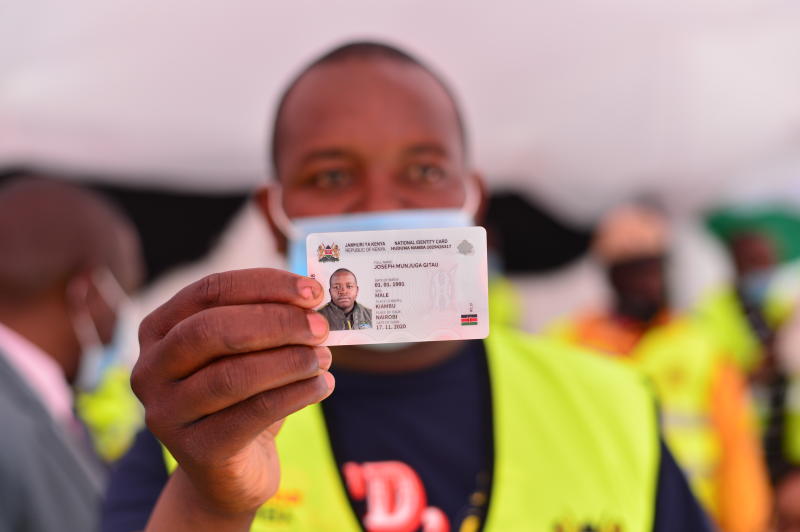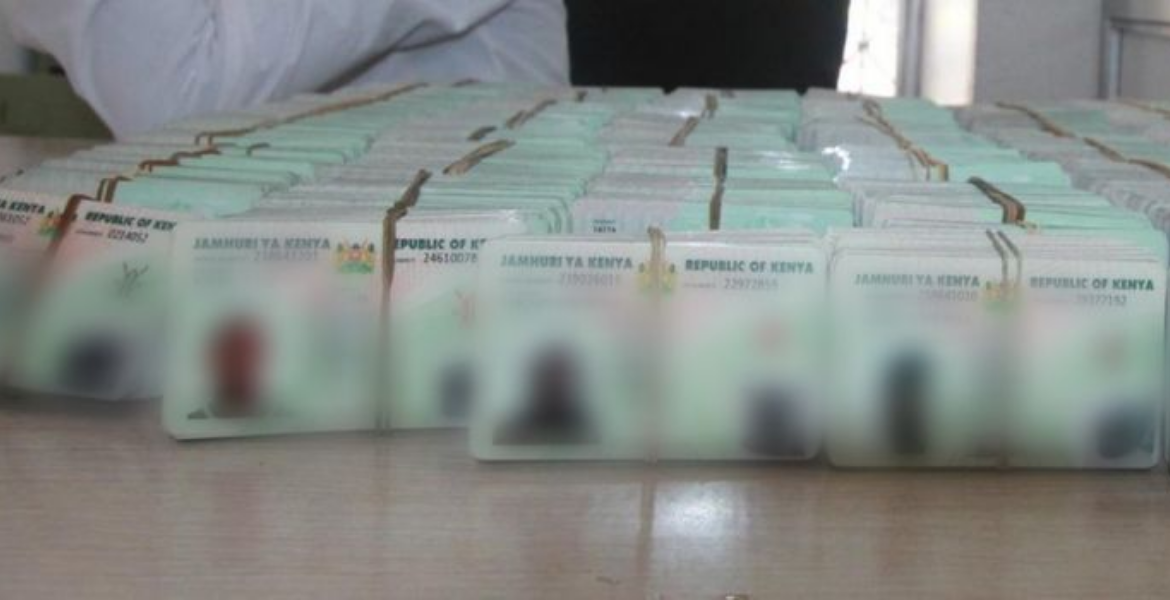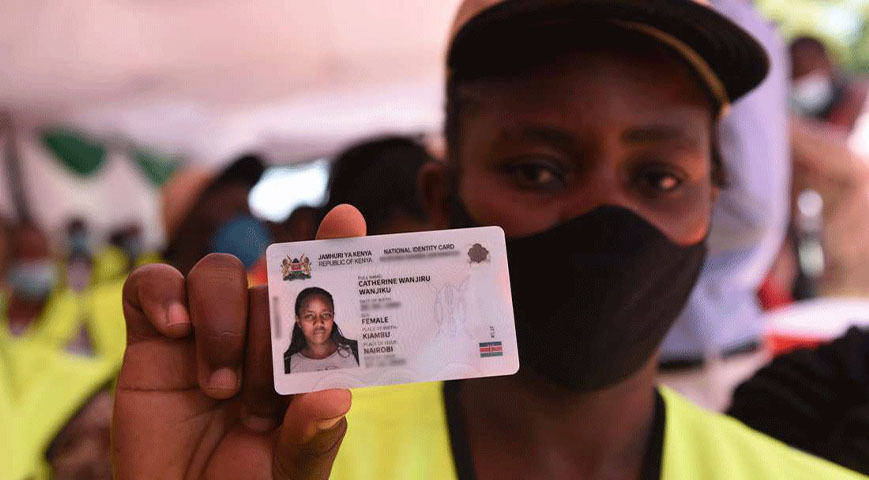The Milimani High Court has issued an order to stop the implementation of the Unique Personal Identifier, commonly known as the Maisha Namba.
According to the court's ruling, the suspension will remain in effect until the hearings scheduled for October.
The Haki na Sheria Initiative filed the petition against the national government, the Attorney General, the Interior Cabinet Secretary, and the Principal Registrars of Births, Deaths, and Persons. Representing Haki na Sheria, lawyer Summayah Mokku argued that the Maisha Namba rollout violates constitutional rights and freedoms.

Did you read this?
Court documents highlighted that the respondents have breached or threatened to breach constitutional provisions, including Articles 10, 73, 94, 129, and 232, which cover transparency, public participation, and the right to access information. The documents further noted the potential irreversible risk of mass personal data breaches and the exclusion of certain population groups, contravening Articles 31 and 27.
In his ruling, Judge Lawrence Mugambi expressed concerns about the respondents' active collection, processing, and storage of data despite existing security concerns.
He emphasized the risk of prejudice to the public’s privacy rights due to inadequate data protection measures. Judge Mugambi stated that if the process is later deemed unconstitutional, no compensation could address the data breaches.

The judge also noted that the Maisha Ecosystem could exacerbate existing citizenship exclusion issues in Kenya. Pending the full hearing and determination of the application, the court issued orders to halt the implementation of the Maisha Namba, the 3rd Generation National Identification Card (Maisha Card), the Maisha Digital ID, and the Maisha Database. The respondents were also restrained from collecting, processing, or storing data related to the Maisha Namba.
Further directions on the matter will be issued on September 17. The respondents will have seven days to respond to the verdict.









